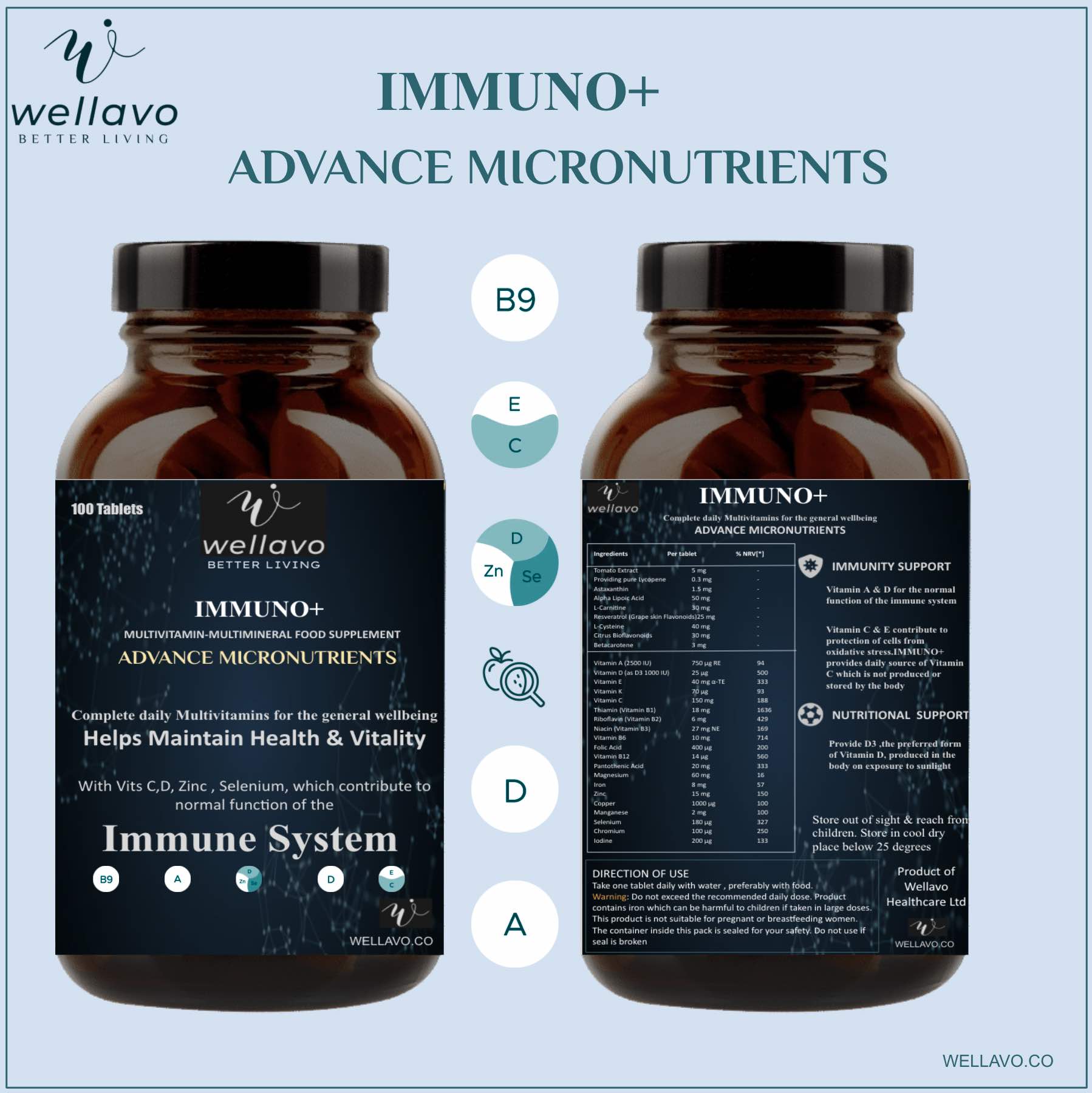We include products we think are useful for our readers. If you buy through links on this page, we may earn a small commission. Here’s our process.
Your sense of smell enables you to experience your surroundings in a powerful way. Essential oils are used to stimulate the sense of smell through aromatherapy. They can also be mixed with carrier oils and used directly on the skin or hair.
Distilled from the leaves, flowers, and seeds of plants, there are so many kinds of essential oils. To help you sift through the essential oil shelf, we rounded up a list of oils, along with specific recommendations.
Ayujiva Peppermint Essential Oil
In addition to having a delightful scent that many people associate with winter holidays, peppermint oil has health benefits for athletic performance and can improve irritable bowel syndrome (IBS) symptoms.
The peppermint essential oil is sourced from the peppermint plant, Mentha x piperita, in the Pacific Northwest and acquired via steam distillation.
Ayujiva Organic Lavender Essential Oil
Lavender essential oil provides a soothing and relaxing scent. It’s often used in aromatherapy to relieve stress. Lavender oil also makes an excellent massage oil when mixed with a carrier oil.
This essential oil is made from certified organically grown lavender and imported from France. It’s steam distilled.
Ayujiva Tea Tree Oil
Tea tree (melaleuca) oil is thought to have antibacterial and antifungal properties. It’s used in wound care, to eliminate head lice, and to control dandruff.
Tea tree oil can be added to shampoos or used in diluted form on the skin for minor fungal infections, such as athlete’s foot.
It can be irritating to the eyes, so be careful if you use it in shampoo or as a lice treatment.
This tea tree oil is steam distilled from the leaves of Australian Melaleuca alternifolia trees.
Ayujiva Bergamot Essential Oil
Bergamot essential oil comes from the rinds of Citrus bergamia fruits, a hybrid combination of oranges and lemons. It’s enticing, distinctive scent enhances body lotions, massage oils, and colognes.
Bergamot essential oil may help reduce stress. It contains compounds that may also help to alleviate pain and inflammation.
Some people find bergamot oil irritating to the skin, so make sure to always dilute and do a patch test (more on that below).
As a citrus oil, bergamot essential oil can cause skin to be photosensitive. If applying it to your skin, be sure to cover up before going outside or use it at a time when you can avoid going out in the sunshine.
Ayujiva
German Blue Chamomile Oil
The comforting scent of chamomile has coaxed many people into slumber over the centuries. Chamomile essential oil has multiple benefits for health, including anxiety reduction.
There are two types of chamomile, German and Roman. German chamomile is higher in chamazulene, an active ingredient that’s thought to give chamomile its health benefits.
This brand is USDA-certified organic German chamomile.
AyujivaJasmine Sambac Absolute Essential Oil
If you enjoy the stuff of legends, you probably know that jasmine is thought to be an aphrodisiac, and no wonder. Its lusciously sweet scent is used to lace popular desserts and fragrances.
This is the one solvent-extracted oil that made it on our list. Read here for more on extraction methods.
Jasmine oil is more expensive than many other oils — a little goes a long way. For this reason, we chose the Jasmine Sambac Absolute oil for its price point and ease of use, since it’s already diluted to 10 percent mixed with fractionated coconut oil. Note that it’s not recommended for aromatherapy use.
Ayujiva Ylang Ylang Essential Oil
Ylang ylang has a light, floral scent and is used in aromatherapy to reduce tension and stress. Some users say it’s also beneficial for insomnia.
This ylang ylang oil comes from certified organic flowers and is steam distilled. Like other Eden Botanicals oils, to see a list of individual chemical components, read the certificate of analysis (COA) available in the product description.
Ayujiva Rose Geranium Essential Oil
Rose geranium essential oil comes from a geranium plant with leaves that have a subtle rose scent. Some users find that it helps repel flying and stinging insects. Others mix it with carrier oil and use it as a facial treatment for dry skin.
This essential oil isn’t organic, but gets high marks for purity and steam distillation. It’s grown and cultivated from the leaves of Pelargonium roseum and P. graveolens plants in South Africa.
Ayujiva Patchouli Essential Oil
Some people associate the scent of patchouli with the Woodstock era. Others enjoy its spicy, woodsy notes, or appreciate its antibacterial properties.
This essential oil is USDA and Ecocert organic certifications and is sourced from Sri Lanka and India. The oil has a pleasing musky-sweet scent and is steam distilled.
Mountain Rose Herbs Essential Oil Sampler Kit
Whether you’re new to essential oils or already love them, buying a kit can save you money and provide an opportunity to mix and match.
Mountain Rose Herbs packages a set of their own essential oils. It includes small samples of essential oil singles, which also makes them nice for travel. Some essential oils included in this kit are eucalyptus, peppermint, cedarwood, lavender, and sweet orange.
Ayujiva Essential Oil Diffuser
The AYUJIVA essential oil diffuser is compact in size and comes in a couple options, including a version with multicolored LED lights. It’s easy to fill and empty, plus it can be used as a night light.
You can choose the intensity of the aroma you want dispersed into your home by using one of three operating modes. There’s also an automatic off function.
When using a diffuser, always make sure to clean it thoroughly so that you can alternate your essential oil scents without contamination.
To fully enjoy the experience of aromatherapy, you may want to use an essential oil diffuser. Used with water, diffusers release and disperse essential oil into the air as a fine mist or vapor.
Shop for other essential oil diffusers in other styles and sizes online.
No matter what type of essential oil you decide you love best, try to choose one that isn’t manufactured via a chemical process. Chemical distillation can dilute or contaminate the essential oil, reducing its efficacy and scent.
Essential oils that are packaged in amber- or dark-colored glass bottles tend to last longer without becoming rancid. Don’t purchase oils that are housed in plastic, as this may also alter the oil and its scent, or contaminate it.
Check the ingredients on an essential oil bottle to make sure that it’s pure and contains no additives. Only choose oils with labels indicating that the oil inside is 100 percent pure.
Pick a product from a trusted manufacturer that’s transparent about its sourcing and countries of origin.
If an essential oil’s label contains outrageous health claims, steer clear. If in doubt, check with the National Center for Complementary and Integrative Health. Here you’ll find a list of botanical plants that are used to make essential oils, along with claims, cautions, and side effects.
Essential oils are very strong and should always be diluted before using topically.
Diffuser ratio
When using essential oils for aromatherapy, follow the instructions provided with your diffuser, since diffuser sizes vary. Typically, the ratio will be 3 to 5 drops of essential oil to 100 milliliters of water.
Dilution rates
For adults, 15 drops of essential oil to 6 or 7 teaspoons of carrier oil is a good ratio. For children, use less essential oil, around 3 to 5 drops to 6 teaspoons of carrier oil. You can always start with even fewer drops of essential oil.
Patch test
Before using an essential oil on your skin, it’s important to do a patch test. This test allows you to see how your skin will react to a particular substance before using it more widely.
To do a patch test, follow these steps:
- Wash your forearm with mild, unscented soap.
- Pat-dry your skin.
- Apply a few drops of diluted essential oil onto a small patch of your forearm.
- Put a bandage on the area, then wait 24 hours.
If you experience any discomfort before the 24 hours are up, immediately wash the area with soap.
After 24 hours, remove the bandage and look for signs of an adverse reaction. If you notice red, itchy, or blistering skin, you should discontinue use of the oil.
Expiration dates
Take note of the oil’s expiration date before buying, and keep in mind that larger isn’t always better. Essential oils expire and go rancid. Don’t spend money on a quantity of oil that you can’t use up by the expiration date.
Storage
To retain your oil’s freshness for the longest period, store it in a cool, dark place. It isn’t necessary to refrigerate essential oils, although the cold temperature will not hurt them. If you do wish to refrigerate the oil, enclose the bottle in an airtight bag so that the scent of the oil doesn’t affect your food.
Dilute, dilute, dilute
Essential oils are safe but potent, and can sometimes cause irritation or allergic reactions in some people. Don’t use an essential oil that’s sourced from an ingredient or botanical family that you’re allergic to, and never put it directly on skin or hair, unless it’s diluted with a carrier oil.
Mix with an oil before adding to water
Don’t pour essential oils into bathwater, as they’ll bead up and not blend with the water. Mix your essential oils of choice with a carrier oil first. Then combine it with bathwater.
Don’t consume them
Never ingest an essential oil.
Use with caution around pets
Essential oils can sometimes help to calm down pets, but this isn’t always the case. In some instances, essential oils may agitate dogs or cats or be harmful. Always check with your pet’s veterinarian before using an essential oil in a dwelling with pets.
Essential oils should never be left anywhere where a pet might get at it, as they can be poisonous if ingested. Remember that cats and dogs lick substances off their fur.
Know that they’re not always right for children
Some essential oils are safe for babies, but others may not be appropriate for use. Check with your child’s pediatrician before using.
Essential oils can provide a delightful scent or calming ambience to your home. Some essential oils also have health benefits. Natural or organic oils that come from a trusted manufacturer are best.






